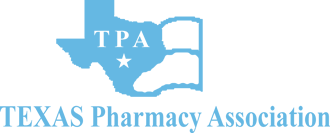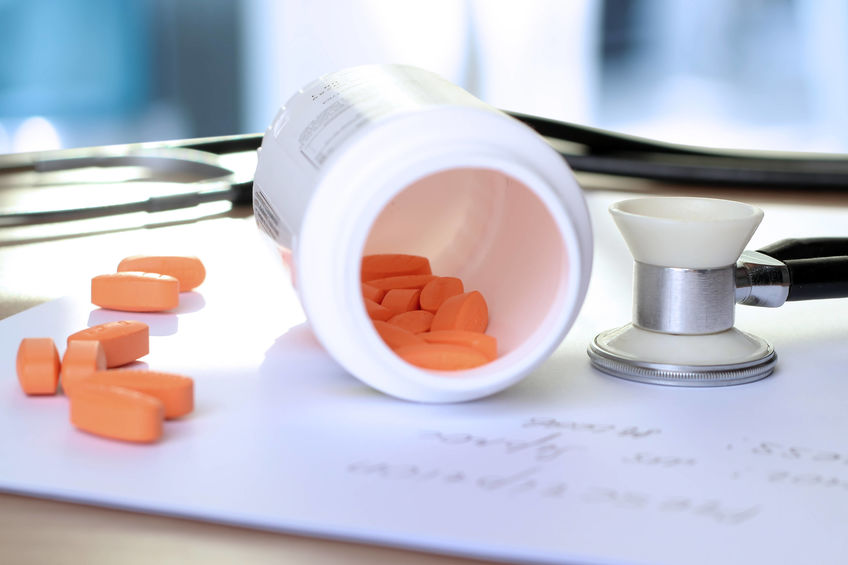These Wounds Won’t Heal
Doctors treat wounds in emergency rooms every day. Over 6 million, to be exact. Each injury is different, from punctures and burns to cuts, abrasions, and irritations. Then once doctors treat the wound, each wound needs specialized care. Simple bandages and pain medication aren’t enough. With the help of compounding pharmacies, patients can get personalized wound care to help wounds heal faster.

You need to compound the issue
Several factors affect wound healing. Wounds need a good supply of oxygen and medication. This prevents infections, scarring, and reduces pain. Compound pharmacists create prescriptions to suit the needs of the patient. Using extensive knowledge, pharmacists combine the right medication in the right amounts for wound care. This medication can be topical, powders, gels, or some other form. More importantly, the drug meets the needs of each patient, case-by-case.
Reducing infection
The primary role of compound treatment is to prevent infections and reduce bacteria. Some infections like surgical site infections happen to about 300,000 patients yearly. Infections cause wounds to take longer to heal and damage cells. So if left untreated, infected sores may need further attention. Applying specialized medication directly onto the area sends antibodies straight to the site. Can this be more effective than a dose of conventional antibiotics?
Need some tissue?
Compounding can help with tissue reconstruction. Pharmacists can produce medication with active ingredients to stimulate blood flow. Some medicines are capable of improving healing and reducing scar tissue. The doctor and pharmacist will collaborate to create the medication proven to heal wounds the fastest.
The right compound for the right wound
Unique wounds need unique solutions. Pharmacists can create gels for burns, ulcers, and abrasions. Some injuries like diabetic ulcers can be slow healing. Pharmacists can create bandages with slow-release medication included. Pharmacists can get very creative too. Patients can get medicines with pain killers, antibiotics, and blood flow stimulation built right in. This reduces the need for additional medication and possibly prevents opioid addiction.
Say no to allergies
Some patients may be allergic to standard medication used for wound care. Dealing with allergies with chronic wounds slows the healing process. Compounding provides medicine without allergens. Furthermore, the patient can be on medication which can be problematic when mixed with others. The pharmacist can omit or replace the particular ingredient, eliminating any issues faced.
More than a concoction
Wound healing is vital for overall health and resuming quality of life. Without proper care, wounds become infected, affecting limbs and organs. Medicine can speed up the process but the right treatment is just as critical. With the specialized skills of compound pharmacists, patients with wounds get personal medication. This means faster healing and better overall care. Speak with a pharmacist for the right compound medication to help heal in no time.
RECENT
ARTICLES



Our Patients Say
We pride ourselves on providing exceptional customer service to our community. Here are a few things that the community is saying about us.
Convenient and quality service. Ive never had my prescriptions filled quicker and the pharmacist took the time to tell me about what I was taking.
Excellent experience! Friendly, knowledgeable staff!
I have been a customer since they opened. Julie and Hiten have both treated me with the utmost respect and have always been ready to take care if my needs with a smile




